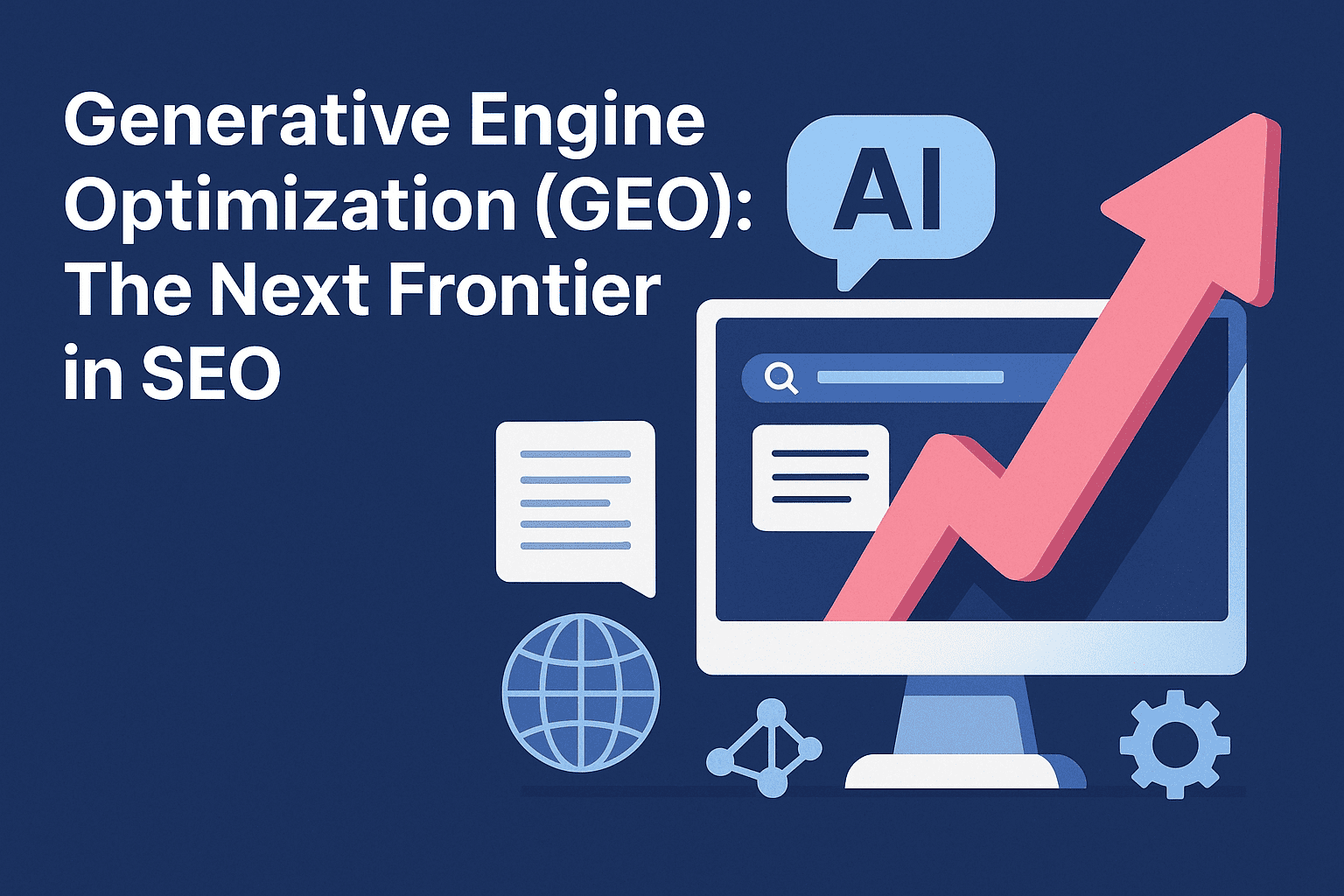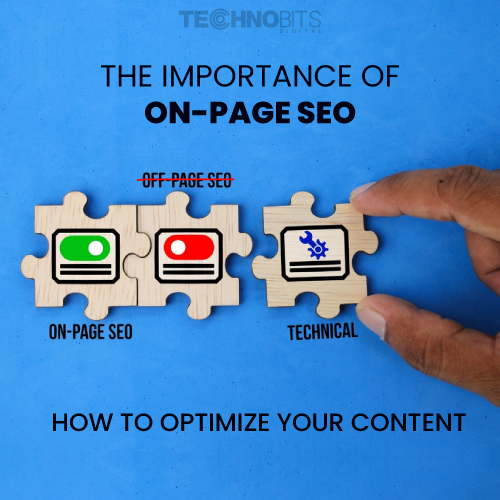Blog Detail
How To Increase In Your Website Rank
Search Engine optimization
Sep 04 2023

Introduction:
Welcome to our platform, dedicated to unravelling the intricate world of website ranking and optimization! In this rapidly evolving digital landscape, where online presence reigns supreme, understanding the nuances of website ranking has become essential for individuals and businesses.
Whether you're a seasoned webmaster, a curious entrepreneur, or someone just starting to explore this, our website is your ultimate companion in the vast ocean of the internet. We're committed to demystifying the algorithms, strategies, and techniques that govern how search engines rank websites.
Understanding Search Engine Ranking
In the world of online exposure and digital marketing, search engine ranking is a crucial idea. It refers to the position on the search engine results pages (SERPs) that a website or webpage appears in. when people perform a keyword or phrase search. A website's visibility, traffic, and success depend heavily on search engine ranking, a dynamic and competitive part of online presence.
How Search Engines Determine Ranking:
There are many search engines available, including Google and Bing. And Yahoo. Use sophisticated algorithms to assess and rank websites according to various criteria. Even though these algorithms are highly guarded trade secrets, the following factors are critical in determining a website's ranking:
Why Search Engine Ranking Matters:
Achieving a high search engine ranking is critical for several reasons:
Visibility and Traffic: Websites that rank higher in search results receive more clicks and organic traffic. Websites with a visible presence are more likely to be visited by users on the first page of search results.
Credibility and Trustworthiness: Users often perceive higher-ranking websites as more credible and trustworthy. Users tend to associate top search results with authority and expertise.
Business Growth and Revenue: Improved visibility and higher traffic can increase online businesses' brand awareness, conversions, and revenue.
Competitive Advantage: Ranking above competitors in search results provides a competitive edge, allowing a website to capture the attention of potential customers before they explore other options.
Key Factors for Website Ranking
Description :
Understanding search engine ranking involves grasping the intricate interplay of content quality, technical optimization, user experience, and authority. By employing effective strategies that align with search engine algorithms, website owners and digital marketers can enhance their chances of achieving favourable rankings and reaping the benefits of increased online visibility and engagement.
A high website ranking is the key to online success in the dynamic internet world where competition is tough, and attention spans are short. Our in-depth analysis of the critical elements that affect website ranking aims to arm you with the information and tactics required to advance in the digital ladder.
Join us as we explore the complex realm of search engine optimisation (SEO), illuminating the key components that affect whether your website succeeds or fails in the vast web space. g,
How Search Engines Determine Ranking:
Various search engines, including Google, Bing, and Yahoo., utilize complex algorithms to evaluate and rank websites based on multiple factors. While these algorithms are closely guarded secrets, several are important critical components in determining outcomes. A website's ranking:
Key Factors for Website Ranking
Quality Content:
In the fast-paced world of the internet, one truth remains constant: quality content reigns supreme. Your website's ability to provide value, engage visitors, and address their needs directly impacts its ranking in search engine results. Join us as we dive deep into the art and science of creating content that resonates with your audience and elevates your website's ranking.
Keyword Research and Optimization:
Welcome to keyword mastery, where we unravel the intricacies of keyword research and optimization – the bedrock of a successful website ranking strategy. Understanding how to wield keywords effectively can propel your content to the forefront of search engine results in a digital landscape where every word holds power.
Technical SEO:
Welcome to technical SEO, where we delve into the behind-the-scenes intricacies that lay the foundation for a high-performing website in the digital age, where user expectations and Nowadays, search engine algorithms are highly advanced. Mastering the technical aspects of your website is a non-negotiable step toward achieving optimal search visibility and user experience.
On-Page Optimization:
Step into the world of on-page optimization, where we uncover the strategies and techniques that elevate your content to its maximum potential. From strategic keyword placement to user-focused enhancements, on-page optimization makes your web pages search engine-friendly, engaging, and valuable to your audience.
Backlinks and Link Building:
High-quality backlinks from authoritative sources are like endorsements from reputable experts in your field. Search engines rely heavily on them to function correctly. Optimization (SEO) is crucial for boosting your website's credibility, authority, and visibility. Let's delve into the significance of these backlinks.
Ethical link-building strategies are essential for building a solid and sustainable online presence. They involve earning links from reputable sources through genuine efforts while avoiding manipulative and spammy practices and participating in activities that go against the rules set by search engines. This may result in penalties. Let's explore some ethical link-building strategies and ways to prevent spammy techniques:
User Experience and Engagement
User experience, low bounce rates, and longer time-on-page are interconnected factors that significantly impact... search engine rankings. These metrics signal search engines are essential to Make sure that the content you produce is both relevant and of high quality to your audience. Audience. Let's delve into how each of these elements affects rankings.
Responsive design and easy navigation are two critical elements of website development that greatly influence user experience, engagement, and even search engine rankings. Let's delve into the importance of each.
Social Signals and Sharing
Social media presence and sharing indirectly influence search engine ranking in various ways. While social signals might not be direct ranking factors, they can substantially impact your website's overall visibility, engagement, and credibility. Here's how social media can indirectly influence ranking
Creating shareable content offers many benefits that enhance your online presence, engagement, and visibility. Shareable content that resonates with your content should captivate your audience to the point where they are motivated to share it with others. h their networks. Here are some significant benefits of creating shareable content:
Local SEO (if applicable)
Local SEO (Search Engine Optimization) is paramount for businesses targeting specific geographic areas and improving your online presence to draw in customers from your local area. And increase visibility in local search results. Here's why local SEO is relevant and crucial for businesses with geographic targets:
A local SEO strategy must include local keywords and Google My Business (GMB) profile optimisation. They increase the likelihood that local clients will find your business by making it more noticeable in local search results. Let's explore how to employ local keywords and Google My Business efficiently.
Regular Updates and Freshness:
Updating and adding fresh content regularly to your website is essential for several reasons that collectively contribute to your online success. Here's why maintaining a consistent stream of new and updated content is crucial
Regarding content strategy and online visibility, evergreen content and updating information are essential. Let's investigate the effects of both:
1. Evergreen Content:
Evergreen content is considered valuable and relevant over time despite changes in trends and the passage of time. How does it affect your online marketing strategy?
- Consistent Traffic: Evergreen content is described as being valuable and relevant over a considerable amount of time despite changes in trends and the passage of time. How does it affect your online marketing strategy?
- SEO Benefits: Evergreen content can score highly in search engines over time since it covers timeless subjects. This helps to increase search ranks and sustain organic visitors.
- Resource for Audience: Users can repeatedly consult evergreen information as a resource. Doing this establishes your brand as a trustworthy information source among your target market.
- Shareability: Evergreen content is straightforward to share. People are more willing to recommend helpful, timeless resources to their networks, increasing the number of people they can reach.
- Reduced Maintenance: Evergreen material must not be updated as frequently as time-sensitive content. This enables you to devote resources to producing new content while continuing to gain from the traffic brought on by evergreen content.
Best Practices and Strategies
Of course, the following are practical suggestions for putting each of the crucial elements listed for enhancing search engine ranking into practice:
1. Relevance and Quality of Content
Create Valuable Content: Concentrate on producing material that satisfies the demands of or responds to the inquiries of your target audience.
Thorough Research: To ensure accuracy and thoroughness, research your themes extensively.
Originality: Keep your stuff original. Make sure your content is original and not stolen from elsewhere.
2. Keywords and On-Page Optimization
Keyword Placement: Include keywords in your content naturally in places like titles, headings, meta descriptions, and all through the text.
Avoid Keyword Stuffing: Keep the language flowing naturally and avoid overusing terms.
3. Backlinks and Authority:
Guest Posting: Submit guest posts to renowned websites in your niche to obtain high-quality backlinks.
Internal Linking: Improve navigation and disperse link equity on your website by including internal links to other pertinent sites.
Link Outreach: Ask for backlinks from relevant websites, especially if you have worthwhile information to share.
4. User Experience and Engagement:
Mobile Optimization: To accommodate visitors using smartphones and tablets, ensure your website is mobile-friendly.
Page Speed Optimization: To reduce the time it takes for websites to load, use tools like Google PageSpeed Insights.
Engaging Content: Incorporate multimedia elements like photographs and videos into your writing to keep readers interested.
User-Friendly Design: Organise your website logically and with clear menus to make it simple to navigate.
5. Technical SEO:
SSL Certificate: To guarantee a safe connection, use HTTPS.
XML Sitemap: To aid search engines in efficiently crawling your website, create an XML sitemap and submit it to them.
Optimize Images: Images should be compressed and optimised to speed up page loads.
6. Freshness and Updates:
Content Calendar: Make a content calendar so you can regularly update your blog with new, pertinent information.
Content Audit: Review and update older postings sometimes to keep the material current.
Publish News and Trends: Cover industry news and new trends to show the value of your website.
7. Social Signals:
Social Sharing Buttons: Making sharing your content or ideas easy for others, including social sharing buttons on your blog posts, is essential.
Engage on Social Media:
Build your brand's online profile by actively participating in social media channels relevant to your expertise.
TAGS
India +91 97265 89144, Dubai +971 544149632.
We truly care about our users and our product.






